STAD is an innovation platform for the food system of the future. We begin our work in Malmö, with the mission that within ten years, a third of the food consumed here will be produced and processed in the city.
URBAN
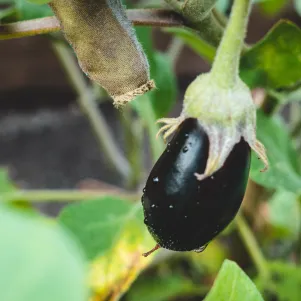
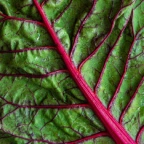

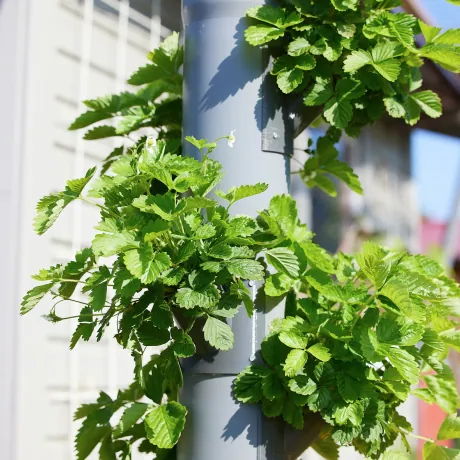
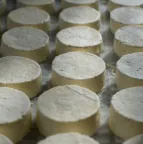
The food system of the future must look radically different.
The change begins here.
We are building a platform for the food city of the future, and we need you.
Our cities must become more self-sufficient. Climate change, war and conflict,
fragile supply chains, and a lack of preparedness make the city vulnerable.
Where will food come from? How will it reach the residents?
To be able to support our cities, the food system must look radically different.
Throughout 2024, we at STAD have engaged with numerous stakeholders to explore these questions, identify barriers and leverage points, and build momentum. We have developed a dynamic vision and discussed the solutions needed – from urban farming and circular flows to new protein sources, marketplaces, and a dramatically improved understanding of food’s value and origins. In 2025, we aim to establish a national network of cities that share our vision and to bring together key actors in Malmö to create a mission-driven local action hub.
We are doing this because it must be done. It’s a matter of the city's – and our – survival. But it’s also an opportunity to make Malmö and other cities better places to live. Local food systems can make our cities greener, healthier, more vibrant, and more resilient. And it’s not just food that will grow here, but also people, relationships, and the economy.
We still need you. People who are passionate about
change and know that it is necessary. People who have an idea to develop,
a project that can grow, a product or a service that can drive local food economies.
Our goal is that within ten years, a third of all food consumed in Malmö will be
produced and processed in the city. And it must be climatically, economically,
and socially sustainable. This is an urgent necessity to meet the challenges
of the future. So do not hesitate to contact us, we look forward to getting started.
You can reach us here!
Vision
An Urban Food Revolution
The transformation we envision for the city is profound – a kind of revolution that increases urban self-sufficiency and reconnects people with the origins of their food. This is our vision for the future of Malmö.
Visit the website
↓Download the report (pdf)
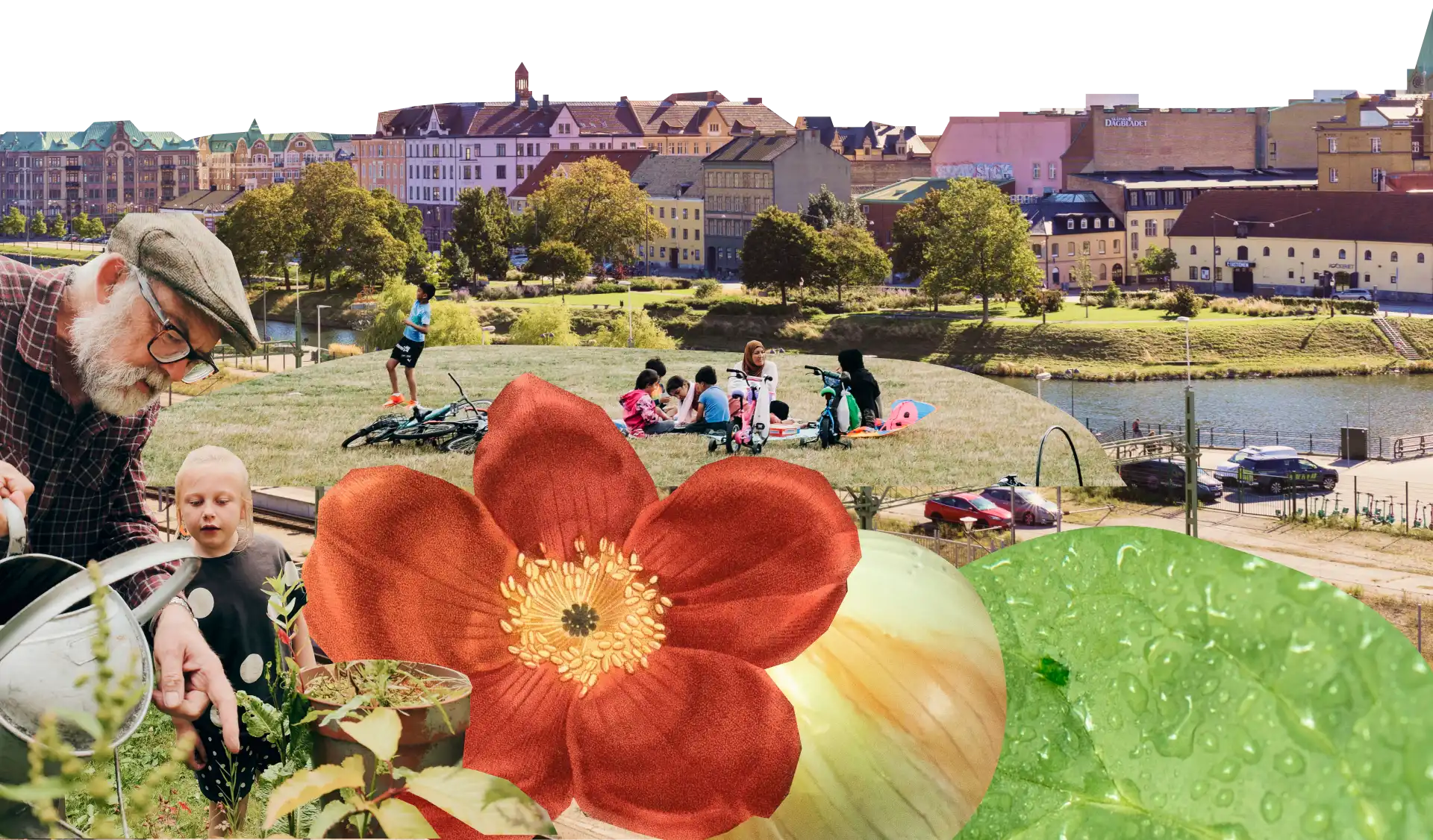
Exhibition
The Independent Food City
In May 2024, we transformed our vision into an exhibition showcasing Malmö’s future food city. The exhibition invites visitors to imagine a city designed to be greener, healthier, tastier, and better prepared for the future.
It highlights different aspects of the city’s food system, including rainwater collection, urban root cellars, community gardens, future farmers' markets, and underground mushroom farms.
When the exhibition was first presented at Southern Sweden Design Days, visitors could taste a locally produced, plant-based burger and explore a hydroponic farm, while children planted seeds to take home in nutrient-rich soil from an urban compost.
The exhibition won silver in the Swedish Design Award and has been showcased to the public, policymakers, officials, and food pioneers in Malmö.
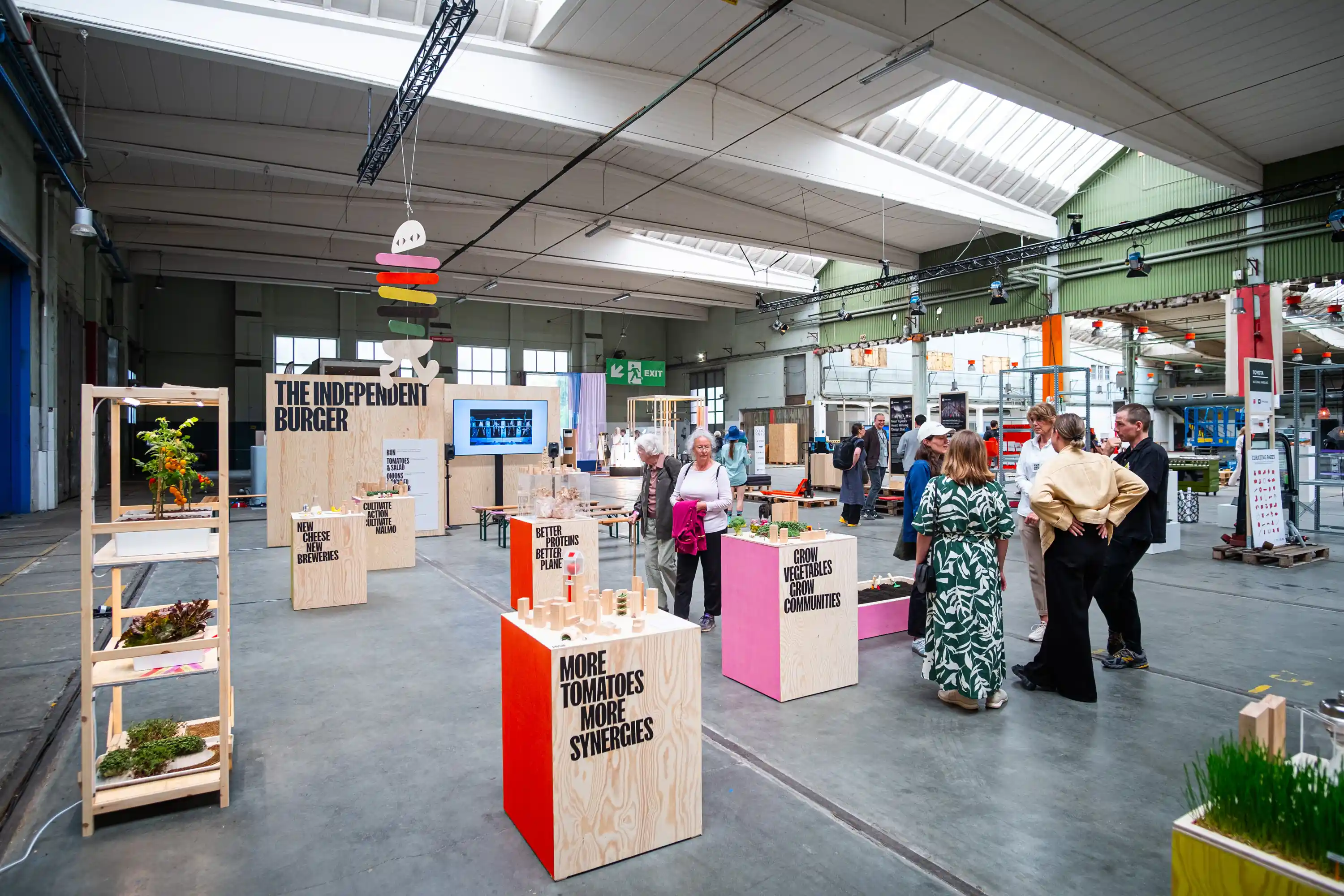
Experience
Experience Malmö 2035
Together with researchers, designers, a chef, and a director, we have also created an immersive experience where visitors can explore two possible future scenarios for Malmö—one where the city struggles with increasing vulnerability and a harsher urban life, and another where it becomes greener, healthier, and more inclusive through the development of urban food systems.
In 2025, we will explore opportunities to bring this experience and the exhibition to other cities across Sweden. If you are interested in hosting them in your city, get in touch with us!
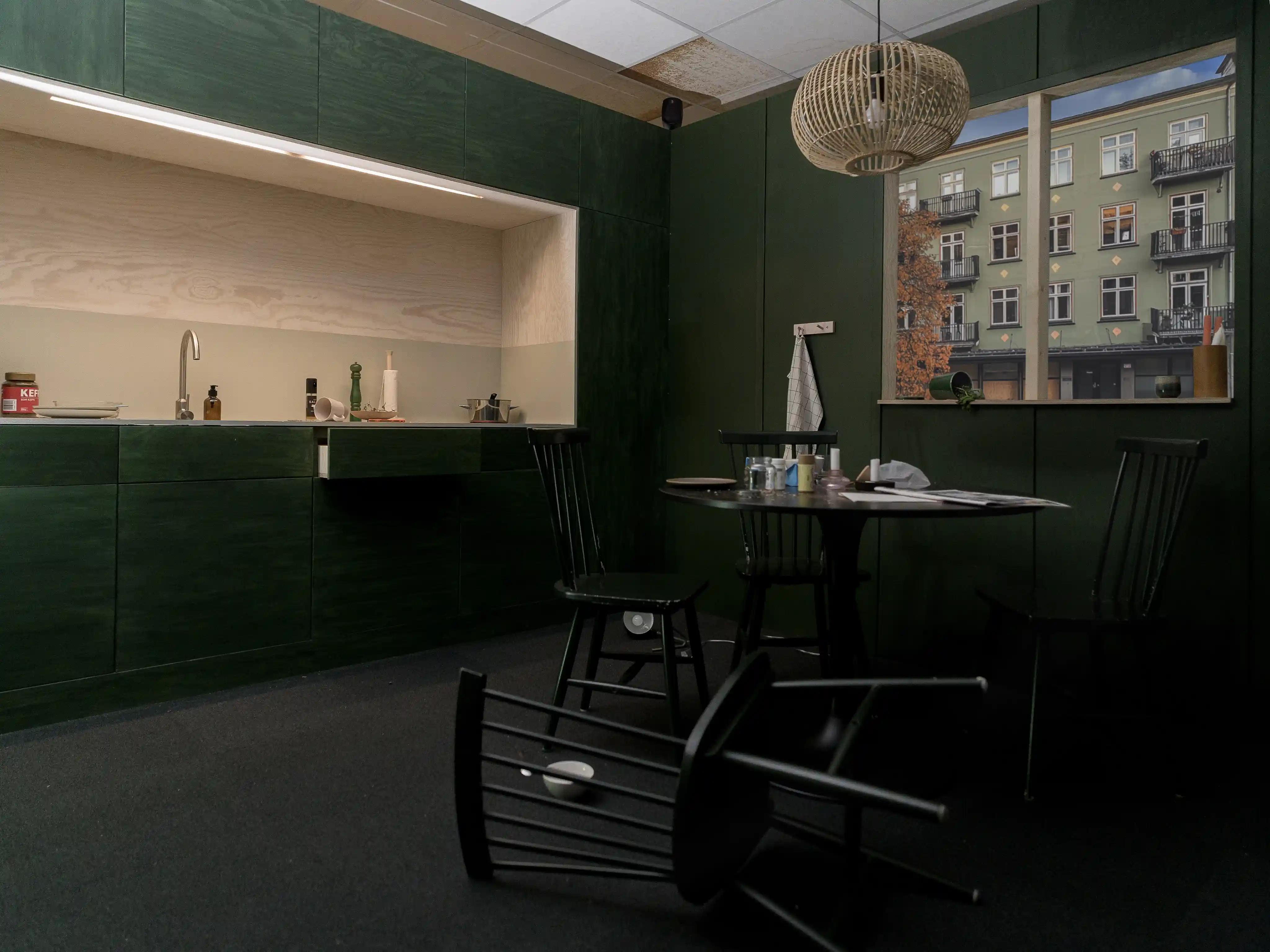
Keep yourself updated
Why the city
City constraints breed new solutions
Nearly 60% of the world's population lives in cities and the
influx of new city dwellers is constantly increasing. Here, people gather to create
culture, economy, and innovation – and to live. It is a place that never stands still
but continuously drives development and its residents forward. And it’s that driving
force that we want to use to revolutionize the food system.
City constraints are part of the solution. Lack of space and
dense construction will require new production forms. Population density creates '
conditions for new waste-free distribution models. The abundance of unused resources,
such as waste heat and rainwater, can be used to create sustainable and circular food
production.
At the same time, the food city's solutions can help tackle
many of the challenges the world's cities face. It can make the city greener,
contribute to climate adaptation and circular resource flows. It can bring people
closer together and counteract loneliness and exclusion. It can create green jobs
and increase access to healthy food.
Our vision is that the city will become a hub for the
transformation to a sustainable and resilient food system. The solutions created
here will be used far beyond the city's borders and benefit many more than the city's
residents. What we create now will contribute to the transformation of both
agriculture and the global food system.
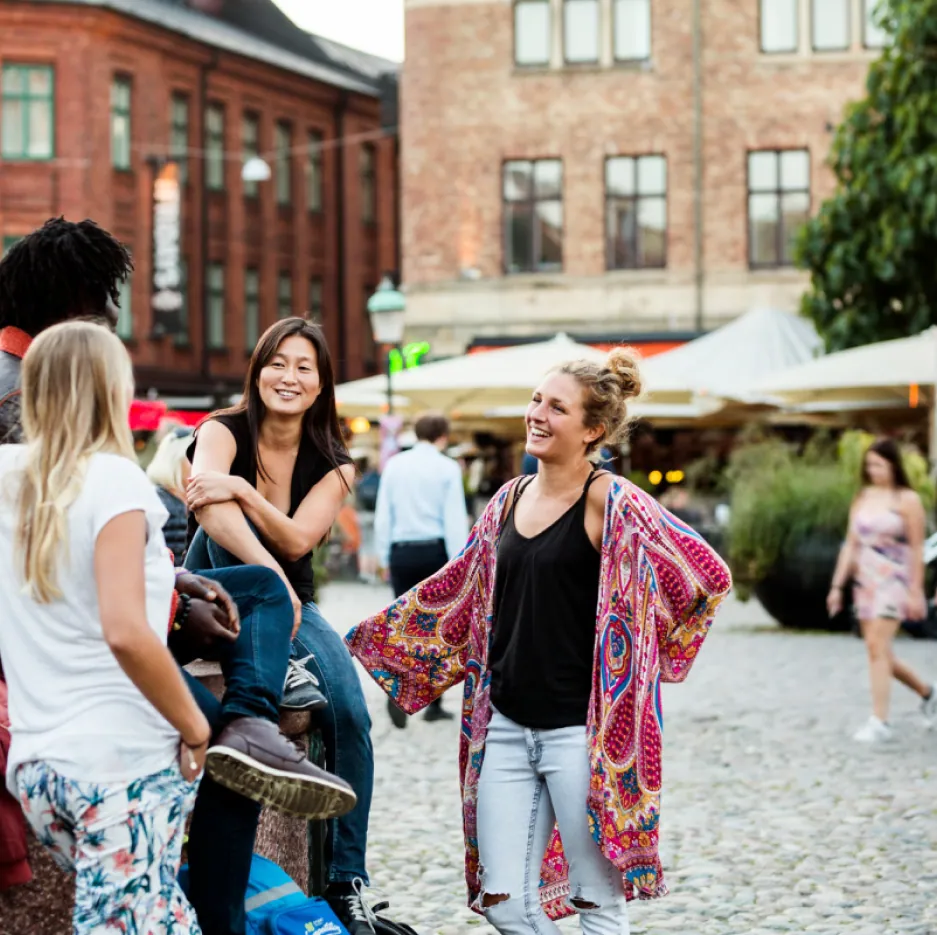
Why Malmö
Pilot city Malmö
We love Malmö. It is a city that vibrates with energy and diversity, bold companies and politicians with vision. It is also a city that takes food and the environment seriously. Here you will find a large community of passionate and engaged dreamers and entrepreneurs with exciting initiatives and unmatched drive. All of the right ingredients for building a radically different food system.
In ten years, Malmö could be a global example for solutions that can be used in other cities, and for the food system in general. But it will require a real effort, for everyone from hobby growers and consumers, to large companies and local politicians. It is no small thing to change the future. But it has to happen. And Malmö is the place where we start.

Get in touch
The innovation platform STAD is funded by Vinnova under the initiative 'A new recipe for the food system' and is carried out by Malmö Stad, Region Skåne, Innovation Skåne, and EY Doberman with the future manifestation lab SALLY.

Ola Andersson
Business Developer, Malmö stad
Malmö stad
ola.andersson2@malmo.se
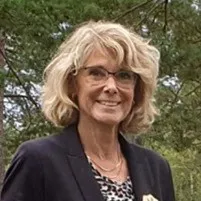
Lena Persson
Business Developer, Malmö stad
Malmö stad
lena.persson22@malmo.se

Emelie Olsson
Innovation Leader, Region Skåne
Region Skåne
emelie.olsson@skane.se
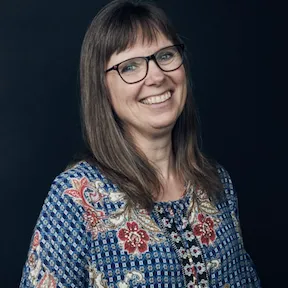
Margareta Wallentén
Innovation Leader, Region Skåne
Region Skåne
margareta.wallenten@skane.se

Tove Blomgren
Creative Director, Sally
Sally
tove.blomgren@doberman.ey.com
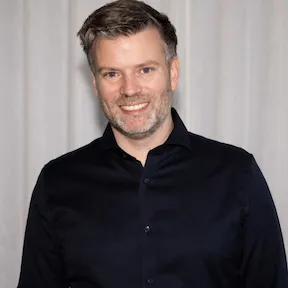
Kristoffer Lundholm
Sustainability Manager, Sally
Sally
kristoffer.lundholm@doberman.ey.com